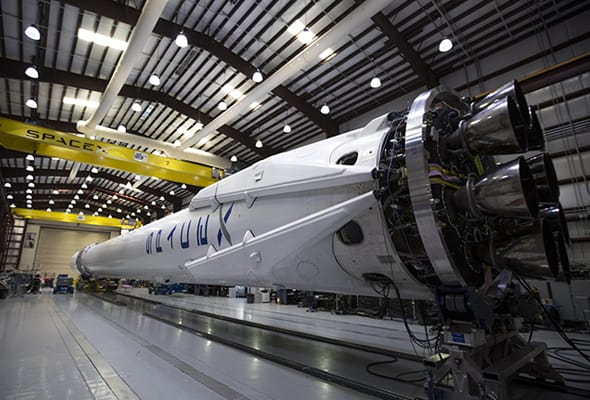Projects

Inductive / Capacitive Sensors
Inductive and capacitive sensors are crucial components in various automation and sensing applications. Inductive sensors operate on the principle of electromagnetic induction, allowing them to detect metallic objects without direct contact. They generate an oscillating electromagnetic field, which is disrupted by the presence of a metal, triggering the sensor. These sensors are highly reliable and durable, making them ideal for industrial environments, but they are limited to detecting conductive materials. In contrast, capacitive sensors measure changes in capacitance caused by nearby objects, which can be non-metallic, such as plastics or liquids. They consist of two conductive plates and can detect a wider range of materials, including both conductive and non-conductive substances. While capacitive sensors offer greater versatility, they can be influenced by environmental conditions like humidity. Both sensor types play vital roles in enhancing automation, ensuring precise detection and control in various applications.

Engineering Class Chains
Engineering class chains are mechanical systems used to transmit power and motion through interconnected links, often found in machinery and conveyor systems. These chains are designed based on specific engineering principles and are categorized into various classes, such as roller chains, block chains, and leaf chains, each serving different applications. Roller chains are commonly used for power transmission in bicycles and industrial machines due to their efficiency and strength, while block chains are often utilized in lifting applications. The design of engineering class chains involves considerations like load capacity, tensile strength, and wear resistance to ensure reliable performance under various operating conditions. Their versatility and durability make them essential components in many engineering applications, contributing to effective power transfer and mechanical movement.

Mounted Ball Bearing Units
Mounted ball bearing units are integral components in machinery and equipment, designed to support rotating shafts while reducing friction and wear. These units consist of a ball bearing housed within a robust outer casing, which often includes features like flanges or brackets for easy mounting. They are available in various configurations, including pillow block, flange, and take-up styles, making them suitable for diverse applications across industries such as manufacturing, automotive, and agriculture. The primary advantage of mounted ball bearing units is their ability to facilitate smooth shaft rotation, thereby enhancing operational efficiency and extending the lifespan of machinery. Additionally, they are designed for ease of installation and maintenance, often featuring sealed or lubricated bearings to minimize the need for regular upkeep. Overall, mounted ball bearing units play a critical role in ensuring reliable and efficient performance in rotating machinery.
Luctus nec ullamcorper mattis, pulvinar dapibus leo. Proin gravida nibh vel velit auctor aliquet

High Quality Gears & Conveyors
High-quality gears and conveyors are essential components in the efficient operation of machinery and production systems. Gears, which transfer torque and motion between shafts, are engineered for precision and durability, minimizing wear and enhancing performance in various applications, from automotive to industrial machinery. The choice of materials, such as high-carbon steel or composite materials, and manufacturing processes like hobbing or grinding contribute to their strength and reliability. Similarly, conveyors play a critical role in material handling, designed to transport goods smoothly and efficiently across different stages of production. High-quality conveyor systems are tailored to specific needs, incorporating features like modular design, variable speed control, and integration with automation technologies. Together, robust gears and efficient conveyors ensure seamless operation, reduce downtime, and optimize productivity in manufacturing and logistics environments.
Luctus nec ullamcorper mattis, pulvinar dapibus leo. Proin gravida nibh vel velit auctor aliquet
FAQ QUESTIONS
Project costs are based on a comprehensive assessment of the requirements, including materials, labor, and timelines. We provide detailed estimates before starting any project.
Our payment terms typically include [insert payment structure, e.g., upfront deposit, milestone payments, etc.], and we can discuss specific arrangements based on the project scope.
We encourage ongoing feedback and hold regular check-ins to address any concerns or suggestions, ensuring the project aligns with client expectations.
Yes, we provide post-project support, including maintenance, troubleshooting, and any additional assistance required to ensure client satisfaction.